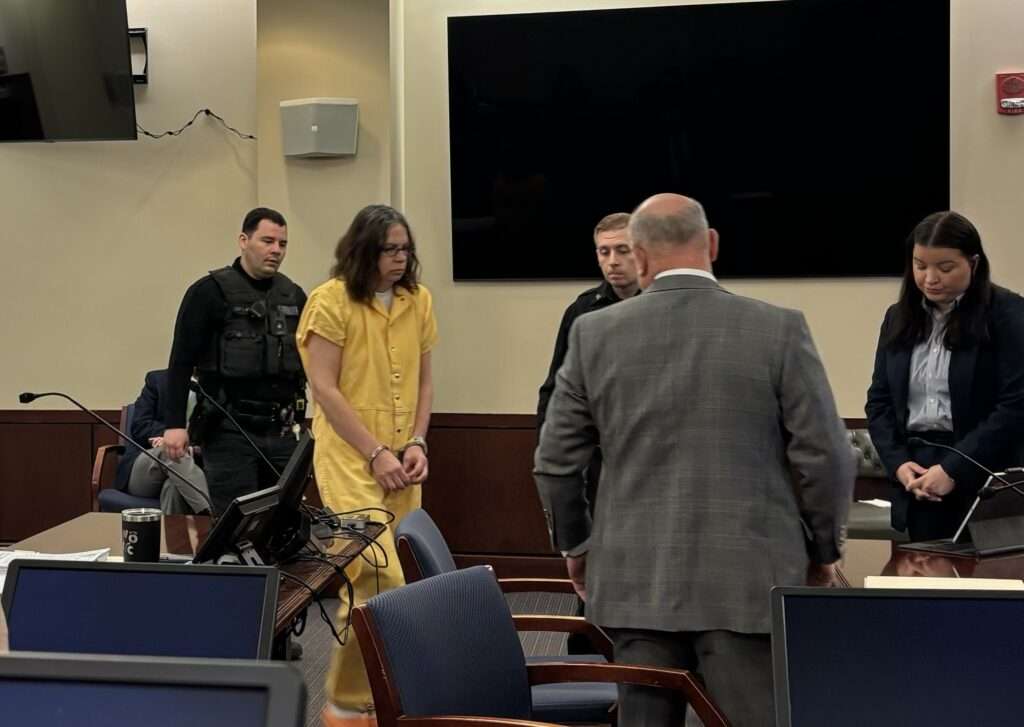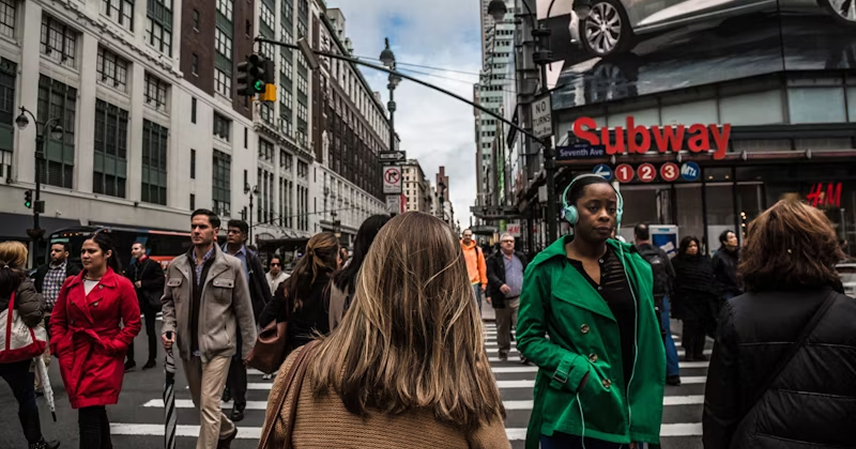Albany, May 22, 2025 — Nearly three decades after the body of a newborn boy was found in Washington Park, Albany, a woman has been sentenced to 25 years in prison for the crime. Keri Mazzuca, 53, pleaded guilty to first-degree manslaughter earlier this year, admitting she killed her son just after giving birth in 1997.
The infant, known publicly as “Baby Moses,” was discovered wrapped in a blue towel and burned near a statue of Moses in the park. The case had remained unsolved for over 27 years.
The breakthrough came in 2024, when authorities used forensic genealogy and advanced DNA analysis to identify Mazzuca as the child’s mother. After being taken into custody, she admitted during an interrogation that the child had been born alive in her bathtub and that she subsequently suffocated him. She then attempted to burn the body to destroy evidence.
Mazzuca was officially charged in September 2024. In February 2025, she entered a guilty plea to manslaughter and tampering with physical evidence. She was sentenced in March to 25 years in state prison. She will be eligible for parole in 2046.
The infant, who was never formally named, was buried in Albany’s Graceland Cemetery with a headstone that reads, “Moses Washington. Citizen of Albany. Child of God.” The case had gripped the community for years and drew attention back to the issue of abandoned infants and infanticide.
Albany County District Attorney’s Office stated that the resolution of this long-standing case was made possible by scientific advancements that allow previously untraceable DNA samples to be analyzed using national databases and genealogical methods. The case was reopened in 2023 as part of an initiative to revisit unsolved homicides using new forensic tools.
Law enforcement officials noted that Baby Moses’s death was one of Albany’s most haunting cold cases. The resolution, though delayed, has brought a sense of closure to investigators and community members who have followed the case for years.
The case also raises broader questions about maternal mental health, access to support services, and the importance of public education around safe-haven laws, which allow parents to legally and safely relinquish newborns at designated locations.
Mazzuca showed limited emotion during sentencing. No family members were present in court. Prosecutors noted that she had lived quietly in Albany for years, with no prior convictions.
This case is expected to lead to further reviews of similar unsolved infant deaths across New York State, using the same DNA and forensic genealogy techniques that led to this conviction.



